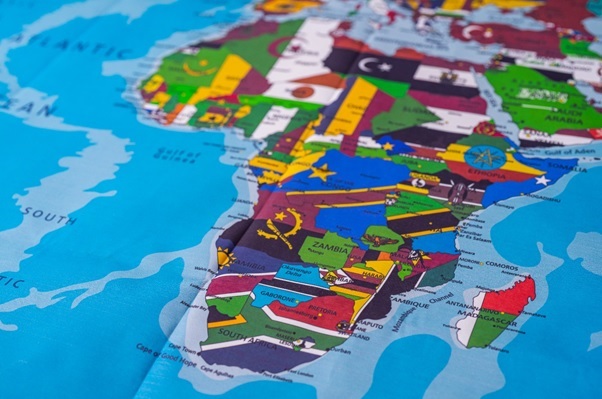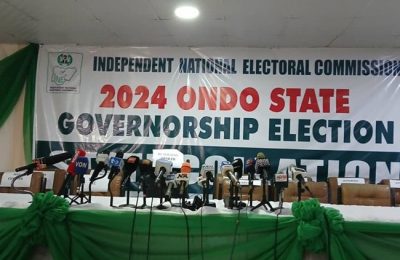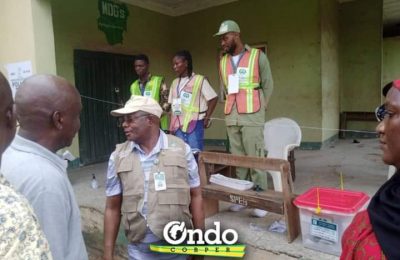A country that wants to develop would value education. Some African countries have attained educational excellence within and outside the continent. Most African countries are still growing and challenged with one thing or another, but notwithstanding, the academic sector in Africa is thriving.
The countries shared below have tried to uphold a certain level of literacy. Check out the most educated countries in Africa according to Bscholarly:
1. Seychelles
Seychelles prioritises education; it is mandatory to go to school. In other words, the country has achieved “education for all,” as the United Nations Educational, Scientific and Cultural Organization (UNESCO) stipulated. French, Creole, and English are the languages of instruction for students. Seychelles is the most educated country in Africa, with 69.3 points and 43rd among the best educational systems in the world.

2. Tunisia
The government of Tunisia emphasises and prioritises education, which is why its educational system ranks 71st in the world with 61.4 points. The country has invested over 20 percent of its national budget in education. Since the 1990s, Tunisia has been able to enact policies that foster economic growth, which has helped the education sector attain excellence.
3. Mauritius
Mauritius is rated as one of the most educated countries in Africa, coming third with 61 points and 74th globally. Schooling is very compulsory up till the age of sixteen. Vocational training is a prominent hallmark of the country’s educational programmes. The population of literate people increases every year.
4. South Africa
South Africa is one of the African countries with the highest literacy rates. It is the 84th in the global education system with 58.4 points and fourth in Africa. The South African Schools Act of 1996 made education compulsory from 6 to 15 years old.
5. Algeria
French and Arabic are the languages of education. Other languages taught in schools are English, Italian, Spanish and German. The Berber language was made the national language; it is studied from primary to secondary school level. The literacy point of Algeria is 57.4, 5th in Africa. Education is free and compulsory from the age of 6 to 15 years.
6. Botswana

Botswana is 6th in Africa with 56.7 points and rated 92nd in the global education system. Private schools are allowed to create their own curriculum and staffing policies. Education is compulsory from five to eighteen years.
7. Kenya
Kenya is rated 95th in the world as one of the best in literacy, with 55.4 points. The Kenyan government invests almost twenty percent of its budget in education. The World Economic Forum rated Kenya’s educational system as the strongest. The government created different programmes to support the education sector and also established the National Assessment Centre (NAC) to monitor learning feat.
8. Cape Verde
Cape Verde ranks 98th globally and 8th in Africa with 53.3 points. The country has been able to achieve universal access to basic education. The system is designed or organised into a six-to-six formal education structure. That is, children enroll in primary school at the age of six and are expected to attend for the next six years. Secondary school is five years, grade seven to twelve. Higher education is available for interested people.
9. Egypt
The educational system in Egypt is highly prioritised by the government. This has enabled it to rank among the best in the world, placing the country in the 99th position and 9th in Africa with 52.8 points. Education is free at all levels and also compulsory for nine academic years.
10. Namibia
Namibia has one of the highest literacy rates in Africa. Education is compulsory until eighteen years. Parents are expected to pay for uniforms and books, but constitutionally, the government is to provide free primary education. Globally, Namibia ranks 100th and 10th in Africa with 52.7 points.







